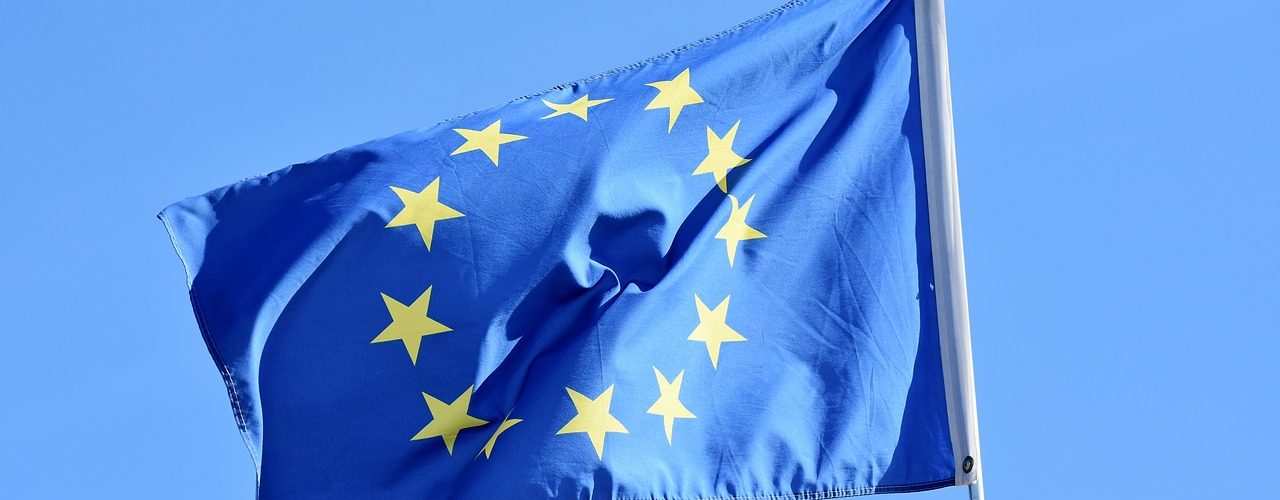The ECJ has been asked questions in Case C-189/18 (Glencore Agricuture) on 23 May 2018.
Facts:
- Glencore Agriculture Hungary is a wholeseller of wheat, oilseeds, animal feed and raw materials. The tax authorities performed a VAT audit, resulting in a refusal to deduct input VAT.
- This decision was (also) based on investigations with suppliers of Glencore. Based on these investigations, the transactions of Glencore’s suppliers were reclassified.
- Glencore is of the opinion that there was not a fair procedure, because the tax authorities used evidence collected by the tax authorities, i.e. the information collected from third parties, which evidence Glencore could not obtain or interpret.
- The tax authorities argued that the rights of defense had not have been infringed, since Glencore could have obtained access to the documentation and evidence via a legal procedure. According to the tax authorities taxpayers are informed of all facts, data and evidence that relate to their case, protected by the tax secrecy.
- The ECJ is being asked if the recipient of an invoice, who is not actively involved in the re-qualification of the transactions performed by his supplier, is damaged in his right to a fair trial.
Questions asked to the ECJ:
- Must the provisions of the VAT Directive be interpreted as precluding the legislation of a Member State and national practice based on that legislation, under which the findings, in the context of an inspection carried out of the parties to a legal relationship (contract, transaction) to which the tax liability relates, made by the tax authorities at the conclusion of a procedure instigated in respect of one of the parties to the legal relationship (the issuer of the invoices in the main proceedings) and entailing a reclassification of that legal relationship, must be taken into account as a matter of course by the tax authorities when carrying out an inspection of another party to the legal relationship (the recipient of the invoices in the main proceedings), it being understood that the other party to the legal relationship has no rights, in particular rights attaching to the status of a party, in the original inspection procedure?
- If the Court of Justice answers the first question in the negative, does the VAT Directive preclude national practice that allow a procedure such as that referred to in the first question whereby the other party to the legal relationship (the recipient of the invoices) does not have, in the original inspection procedure, rights attaching to the status of a party, and cannot therefore exercise any right of appeal with respect to an inspection procedure the findings of which must be taken into account as a matter of course by the tax authorities in the inspection procedure concerning the other party’s tax liability and may be adopted as evidence against that other party, it being understood that the tax authorities do not make available to the other party the relevant files concerning the inspection carried out in respect of the first party to the legal relationship (the issuer of the invoices), in particular documents underpinning the findings, the reports and administrative decisions, but discloses only part of them to that other party in the form of a summary, the tax authorities thus apprising the other party of the contents of the files only indirectly, making a selection according to their own criteria, over which the other party may not exercise any control?
- Must the provisions of the VAT directive and, insofar as they are concerned, the fundamental principle of respect for the rights of the defence and Article 47 of the Charter of Fundamental Rights, be interpreted as precluding national practice under which the findings, in the context of the inspection of the parties to a legal relationship to which the tax liability relates, made by the tax authorities at the conclusion of a procedure instigated in respect of the issuer of the invoices and including the finding that that issuer actively participated in tax evasion, must be taken into account as a matter of course by the tax authorities when carrying out an inspection in respect of the recipient of the invoices, it being understood that that recipient has no rights attaching to the status of a party in the inspection procedure carried out at the premises of the issuer of the invoices, and cannot therefore exercise any right of appeal in an inspection procedure the findings of which must be taken into account as a matter of course by the tax authorities in the inspection procedure concerning the tax liability of the recipient and may be adopted as evidence against that recipient, and that [the tax authorities] do not make available to the recipient the relevant files relating to the inspection carried out in respect of the issuer, in particular the documents underpinning the findings, the reports and administrative decisions, but disclose only part of them to the recipient in the form of a summary, the tax authorities thus apprising the recipient of the contents of the files only indirectly, making a selection according to their own criteria and over which the recipient may exercise no control?
Source: MinBuza (Dutch)
Source: EurLex (questions only)















